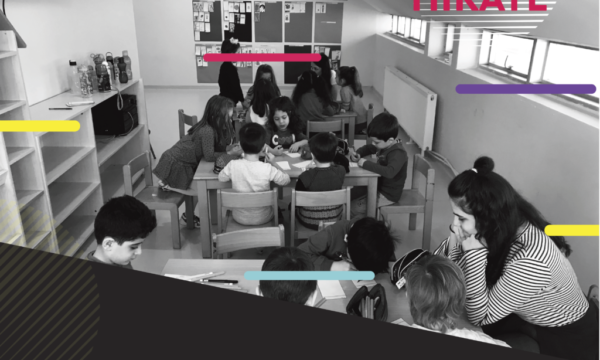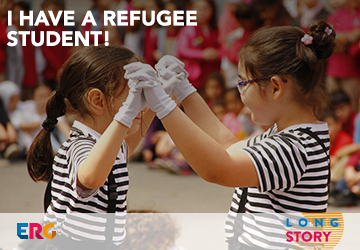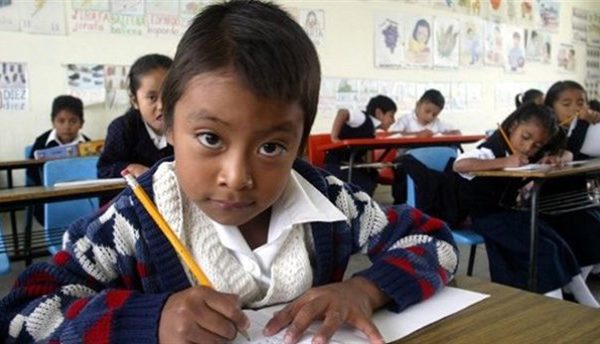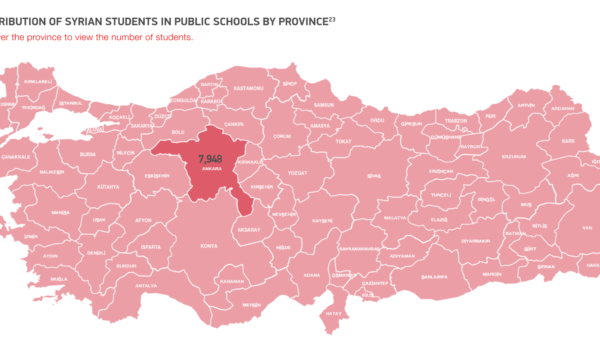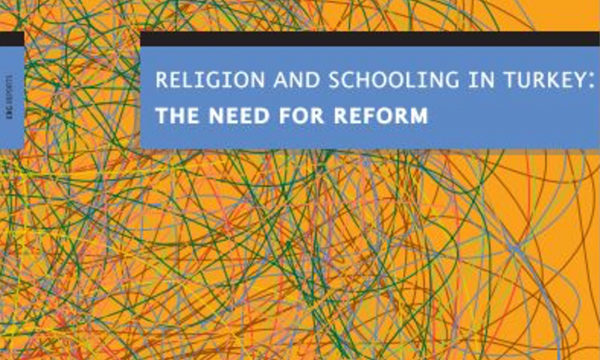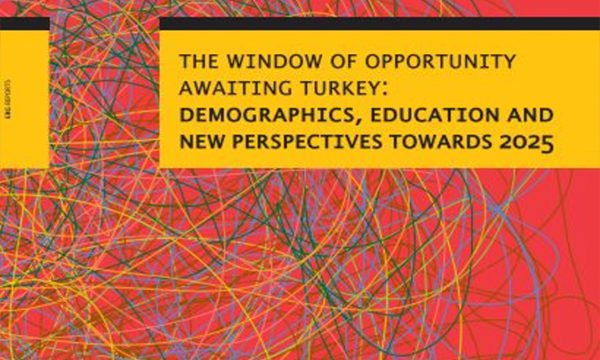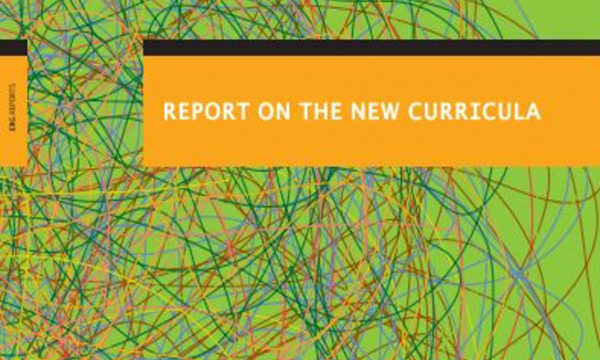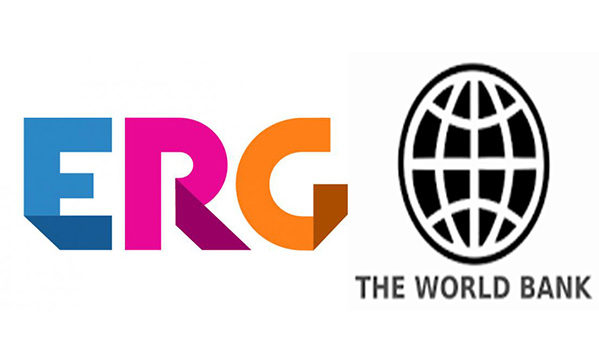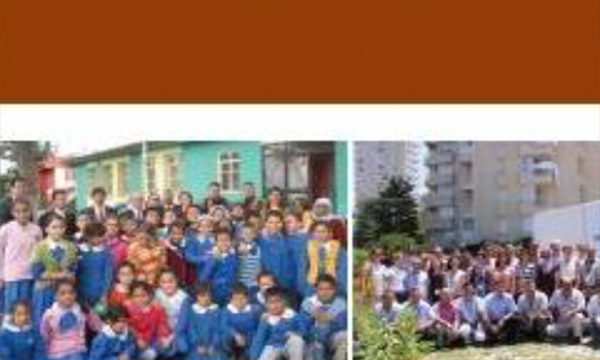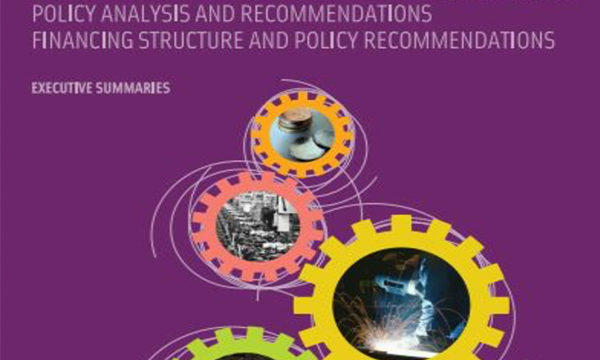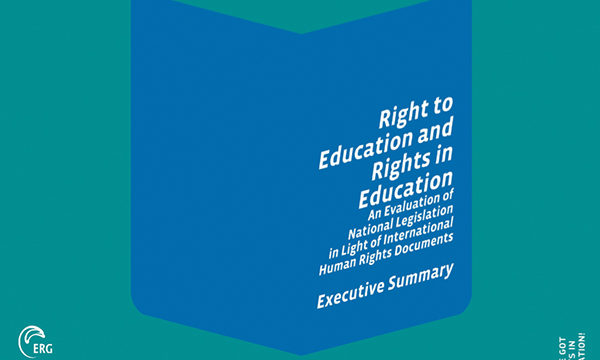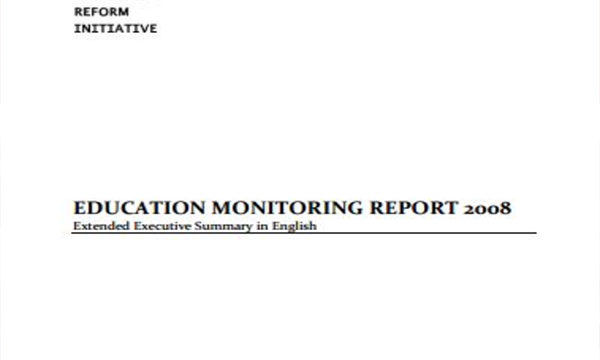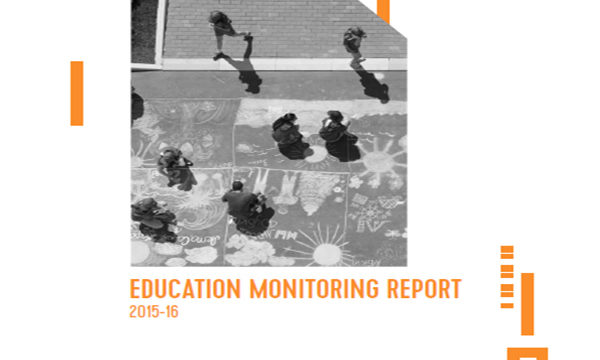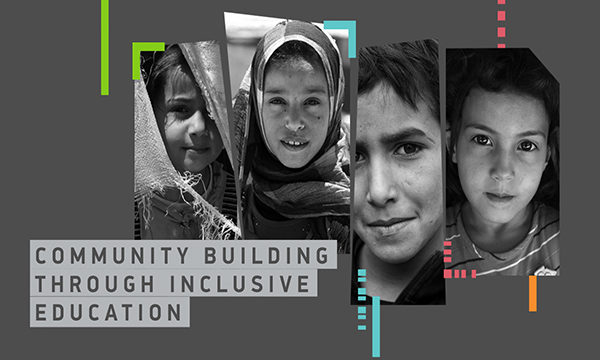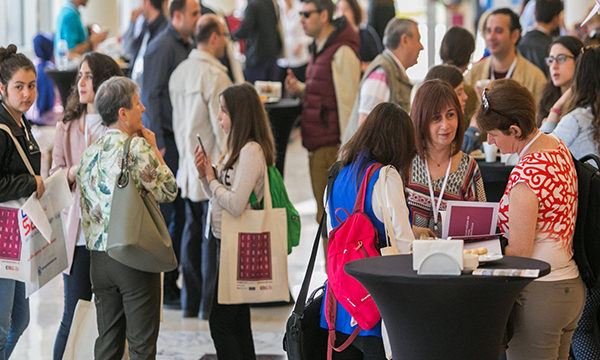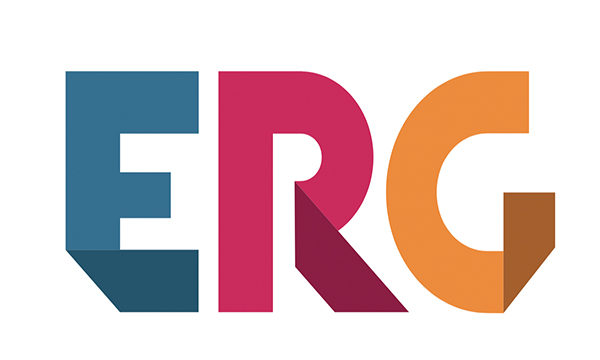Turkish Daily News, Şafak Timur
Following this month’s completion of the European Union report on Turkish education, Turkish experts and educators are stressing the need for the state to take more responsibility to improve schools. They also highlighted the need to align the education system with the information age and the latest technology. The evaluation shares the report’s view of the need to increase contributions from NGOs and the private sector.
Criticizing the report’s perspective on education on training individuals according to market needs, Alaaddin Dinçer, the president for Education and Science Workers Trade Union (EĞİTİMSEN) argued this would deepen the inequality of opportunity for education. Alleging that this would mean the commercialization of education, Dinçer said education is a public service.
The EU sees the young population of Turkey as a labor source, Dinçer argued. “In the past the grandfathers of the youth went to Europe for being used as cheap labor, now they want to raise the grandsons and daughters as cheap brains,” said Dinçer.
Sharing the determination of the report that individuals should be trained according to the values of information society, Dinçer mentioned that it is crucial to educate well-rounded individuals in a way that they can keep up with new developments in technology.
Highlighting the need to solve the resource problem in education, Dinçer pointed to the role of the social state as the remedy. He also suggested that rather than encouraging the private sector to invest in education, he state should use tax income from the private sector to invest in education.
‘It is important to raise a young generation respectful of diversity’:
Along the function of education to raise a skilled labor force, Bahadır Aydagül, the deputy coordinator of the Education Reform Initiative (ERG) at the Istanbul Policy Center emphasized the need to raise individuals who are tolerant and respectful of diversity and who can contribute to society in this respect.
Aydagül emphasized the need to develop life long learning skills and said numerous people were obliged to change their occupations after the economic crisis in 2001 and faced various difficulties to adapt to new occupations.
Contrary to the suggestion of the report about developing vocational-technical high schools, it is necessary to question and withdraw from the goal of increasing the number of students in those schools, Aydagül mentioned.
Stating that the unemployment rates of regular high school and vocational-technical high school graduates are similar, Aydagül drew attention to the low socioeconomic status of technical high school graduates. “You should increase the benefits [of vocational education] for individuals,” he said, but also alleged that the conditions for this are non-existent.
Aydagül shared the suggestion of the report that local governments should participate in education and proposed that local administrations use their resources for services like cleaning.
He also emphasized that the state has the main responsibility although it would be useful to encourage the private sector and NGOs to invest in education. Aydagül stressed that political will was the main actor in providing equal opportunity in education.
Wolfowitz: Turkish education needs flexibility:
Evaluating the Turkish education system as rigid, World Bank President Paul Wolfowitz emphasized the need for a more flexible and open education system that allows for innovation, the daily Hürriyet reported. “When we think about the changing conditions of our time, an education system which can quickly adapt to change and is flexible and open to innovation is of crucial importance,” said Wolfowitz. Stating that they discussed the issue with Prime Minister Recep Tayyip Erdoğan, Wolfowitz said Erdoğan also shared his view.

